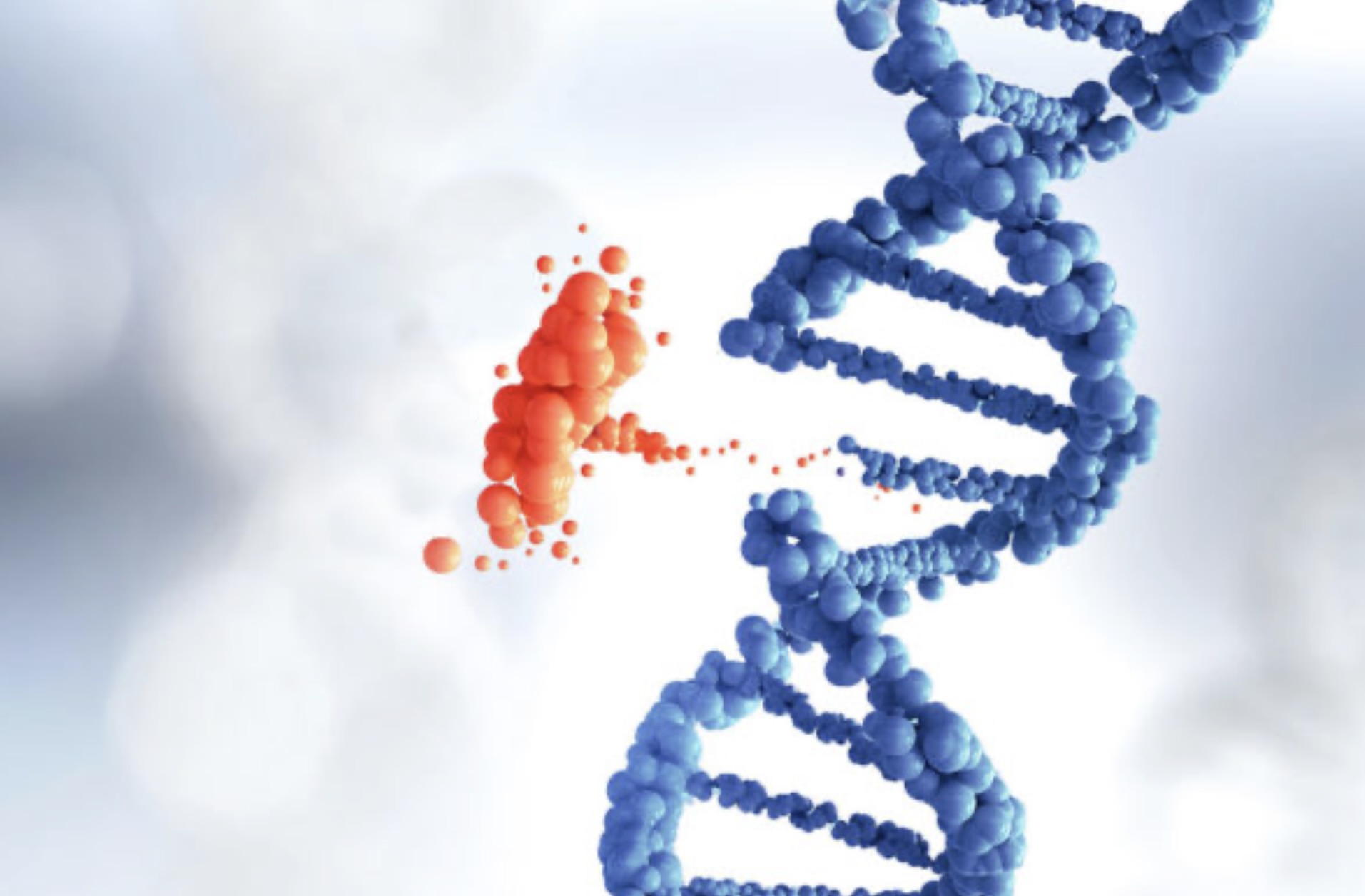Galactosemia: Symptoms, Causes & Treatment
What are the symptoms of galactosemia?
Galactosemia is a rare genetic disorder in which the body is unable to metabolize galactose, a type of sugar found in milk and dairy products. The symptoms of galactosemia can vary depending on the severity of the condition, but they typically appear soon after a baby consumes milk or formula containing lactose. Common symptoms of galactosemia may include:
- Jaundice: Yellowing of the skin and whites of the eyes, which is caused by the buildup of bilirubin in the blood.
- Poor feeding: Babies with galactosemia may have difficulty feeding, which can lead to poor weight gain and failure to thrive.
- Vomiting and diarrhea: These symptoms can occur due to the body’s inability to digest galactose.
- Lethargy: Babies with galactosemia may be unusually tired or lethargic.
- Liver enlargement: The liver may become enlarged due to the buildup of substances that cannot be metabolized properly.
- Cataracts: In some cases, galactosemia can lead to the development of cataracts, which are cloudy areas in the lens of the eye that can cause vision problems.
- Developmental delays: If galactosemia is not treated promptly, it can lead to developmental delays, including delays in speech and motor skills.
It’s important to note that these symptoms can be caused by other conditions as well, so a diagnosis of galactosemia should be confirmed through blood tests that measure the levels of galactose and other substances in the blood. Early diagnosis and treatment of galactosemia are crucial to prevent serious complications and long-term health problems.
What are the causes of galactosemia?
Galactosemia is caused by a deficiency of one of the enzymes needed to break down galactose, a sugar found in milk and dairy products. There are three main types of galactosemia, each caused by a deficiency of a different enzyme:
- Classic galactosemia: This is the most common and severe form of galactosemia, caused by a deficiency of the enzyme galactose-1-phosphate uridylyltransferase (GALT). Without this enzyme, galactose cannot be converted into glucose, leading to the buildup of galactose and its metabolites in the body.
- Duarte galactosemia: This is a milder form of galactosemia caused by a partial deficiency of GALT. People with Duarte galactosemia have some enzyme activity, but it is not enough to completely break down galactose.
- Galactokinase deficiency: This rare form of galactosemia is caused by a deficiency of the enzyme galactokinase, which is needed to convert galactose into galactose-1-phosphate. Without this enzyme, galactose accumulates in the body.
In all forms of galactosemia, the inability to properly metabolize galactose can lead to the buildup of toxic byproducts in the body, which can cause damage to tissues and organs. Galactosemia is an inherited disorder, which means it is passed down from parents to their children through genetic mutations. In most cases, a child must inherit a copy of the mutated gene from both parents to develop galactosemia, although in some cases, a child may inherit a milder form of the disorder from just one parent.
What is the treatment for galactosemia?
The main treatment for galactosemia is a strict lifelong diet that eliminates or restricts foods containing galactose, such as milk and dairy products. This diet helps prevent the buildup of galactose and its metabolites in the body, which can cause serious complications.
Here are key components of the treatment for galactosemia:
- Elimination of dairy products: Foods containing lactose, such as milk, cheese, yogurt, and butter, must be avoided. Instead, infants with galactosemia can be fed with lactose-free formulas or soy-based formulas.
- Monitoring galactose levels: Regular monitoring of galactose levels in the blood can help ensure that the diet is effective in preventing the buildup of galactose.
- Monitoring for complications: People with galactosemia may be at risk for certain complications, such as cataracts, cognitive impairment, and infertility. Regular monitoring and early intervention can help manage these complications.
- Nutritional supplements: People with galactosemia may need to take nutritional supplements to ensure they are getting all the nutrients they need.
- Genetic counseling: Parents of a child with galactosemia may benefit from genetic counseling to understand the risks of passing the condition to future children.
It’s important for people with galactosemia to follow a strict diet and receive regular medical care to prevent complications. With early diagnosis and proper management by a healthcare provider, most people with galactosemia can lead relatively normal, healthy lives.




